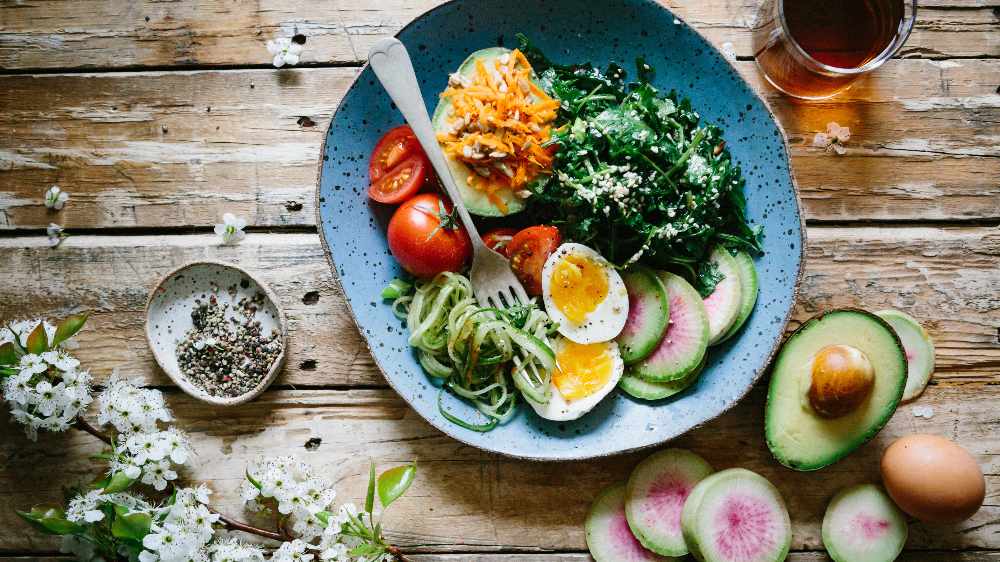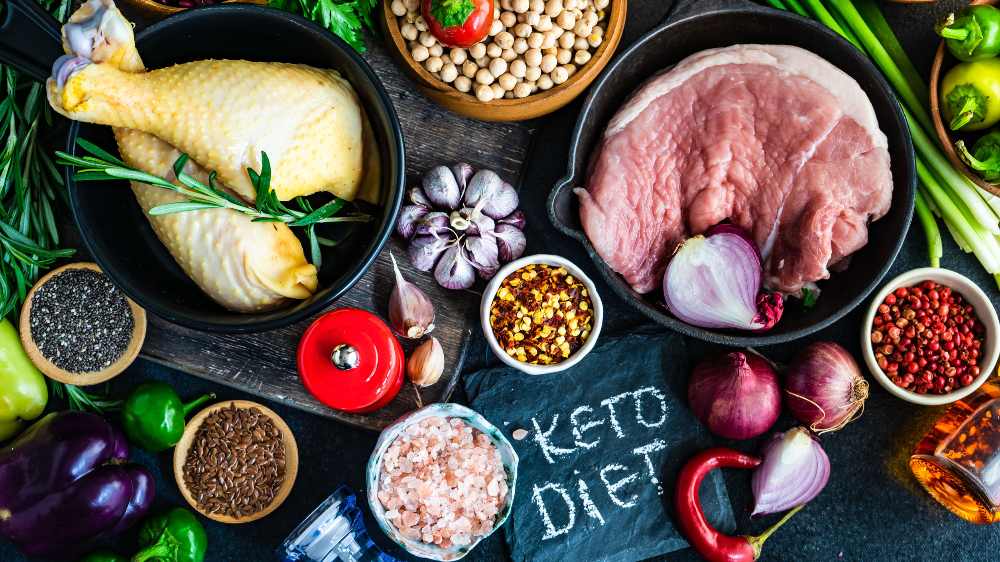9 Nutrient-Rich Superfoods And What They’re Good For
Superfoods are all the rage these days, believed to be great for overall health and an absolute must in our daily diets. But what exactly is a superfood? According to nutritionists, superfoods are simply nutrient-dense foods that are loaded with more vitamins, minerals, fibre and antioxidants than are usually available in other foods. However, do remember that no single food holds the power to prevent disease or promote good health on its own. As always, moderation is key, and the more natural and less processed something is, the more likely it is to have superfood qualities.
While there are several foods regarded as superfoods, here are our top 9 favourite picks:
1. Turmeric
This bright yellow powder from India is closely related to the ginger family, and is well known for its medicinal properties. Curcumin is the active compound in turmeric, giving it the reputation of being a potent antioxidant with anti-inflammatory effects. Hence turmeric is regularly used to help with pain and healing wounds, and treating chronic diseases such as cancer, heart disease and diabetes. However, curcumin is not easily absorbed by the body, and needs to be paired with fats or black pepper for the body to benefit from its healing properties.
2. Sweet potato
Sweet potatoes are beneficial for improving and controlling blood sugar in those with type 2 diabetes, and this root vegetable is bursting with several important nutrients such as potassium, fibre and vitamins A and C. Its rich orange colour is also proof of sweet potatoes being an excellent source of carotenoids, a type of antioxidant believed to help reduce the risk of certain types of cancer.
3. Berries
Despite their size, these tiny fruit pack a powerful healthy punch. Berries are full of antioxidants, phytochemicals and essential heart-healthy nutrients, so they double up as very effective blood cleansers too. These nutritional powerhouses have been proven to reduce the risk of heart disease and other inflammatory conditions, destroy cancer cells and fight free radicals in the body, and help with digestive and immune-related disorders.
4. Dark Leafy Greens
Always eat your greens, be it kale, spinach, Swiss chard, collard greens, parsley or even seaweed. These alkaline superfoods help balance the body’s pH levels, which is important as cells function best within a narrow acid-alkaline range. Leafy greens are an excellent source of nutrients such as folate, zinc, calcium, iron, magnesium, fibre and vitamins A, C and K (all essential for healthy blood clotting). They also contain high levels of anti-inflammatory carotenoids, which help protect against certain types of cancer, and reduce the risk of chronic illnesses such as heart disease and type 2 diabetes.
5. Garlic and Ginger
Garlic has often been called a superfood healer, as it is used for everything from reducing blood pressure and cholesterol, as an antiseptic and anti-coagulant, to an effective anti-fungal, antibiotic, and antiviral solution. It’s a good source of manganese, vitamin C, vitamin B6, selenium and fibre, which help it support several immune functions. While regularly used in cooking, not many people realise that garlic should be left at room temperature for at least 10 minutes after cutting, so that the sulphur-containing compounds of garlic (the cancer-fighters) can stabilise before being deactivated by heat.
Likewise, ginger is also used for its strong flavour and medicinal properties. Available either fresh, powdered or juiced, ginger is proven to help manage nausea naturally, thanks to the antioxidants found in its roots. Ginger is beneficial in increasing blood circulation, relieving pain, lowering cholesterol, and helping with chronic diseases such as dementia, certain cancers and heart disease.
6. Eggs
Despite the bad rep that eggs get for their cholesterol-heavy yolks, eggs are one of the most protein-rich and nutrient-packed foods possible. In addition to providing the human body with nutrients such as vitamin B, choline, selenium, vitamin A, iron and phosphorus, eggs also contain two potent antioxidants (zeaxanthin and lutein), which are known to protect vision and eye health. When eaten in moderation, eggs can help increase the good HDL cholesterol levels in the body, thus reducing the risk of heart disease at the same time.
7. Mushrooms
With all the many different types of edible fungi and mushrooms available, these nutrient-dense (and virtually fat-free) superfoods are packed with potassium, vitamins A&B, fibre, iron, selenium and several antioxidants. Mushrooms also contain immune-boosting and cancer-blocking antioxidant compounds that are rarely found in most other foods, which help in reducing inflammation and the risk of other diseases.
8. Avocado
These green powerhouses are rich in healthy mono-unsaturated fats, so they help reduce LDL (the bad) cholesterol, while increasing HDL (the good) cholesterol. Avocados are also rich in fibre, vitamins and minerals, so consuming this superfood can help reduce the risk of heart disease, diabetes, metabolic syndrome, certain cancers and also help with inflammation. Thanks to their creamy texture, avocados are easily used in place of saturated fats such as mayonnaise and butter.
9. Legumes, Beans, Pulses, Nuts and Seeds
This gigantic group of superfoods includes everything from soy and peanuts to chia seeds, lentils and wholegrains, as they are chock-a-block full of nutrients, vitamins, minerals, proteins and fibre. Studies show that consuming this food group in moderation helps manage type 2 diabetes and weight issues, and reduce blood pressure and cholesterol. Beans and legumes increase the feeling of being full after consumption so help with weight control and help improve blood glucose levels. Nuts and seeds are also rich in fibre, protein, healthy fats and several anti-inflammatory and antioxidant properties, which help against stress and heart disease.
For the latest updates on Wonderwall.sg, be sure to follow us on TikTok, Telegram, Instagram, and Facebook. If you have a story idea for us, email us at [email protected].











